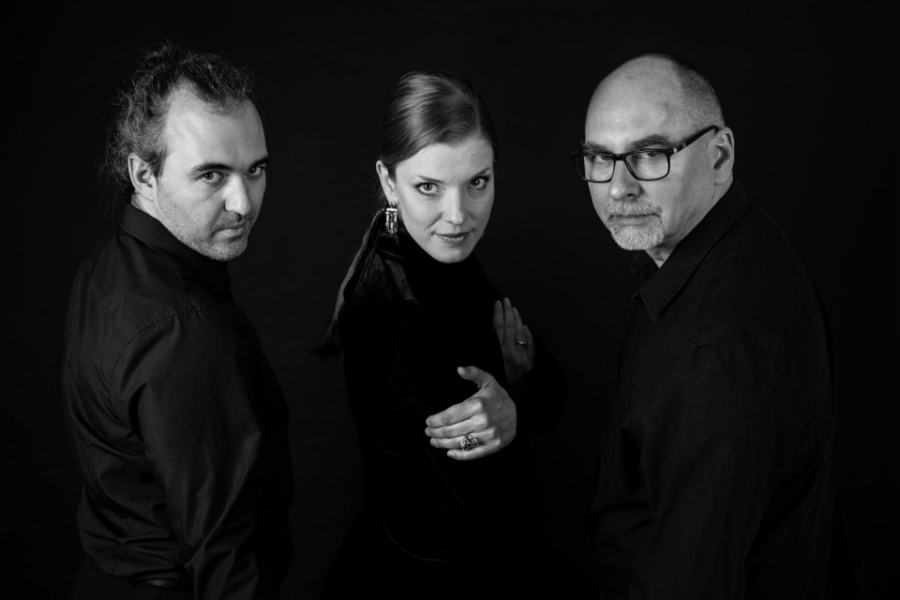Italian solo madrigals composed in the first half of the 17th century perfectly implemented the basic postulate of the Florentine Camerata milieu, in which the opera was born: the word was to be the central element of a musical work, because, as Claudio Monteverdi claimed, music is the servant of poetry – musica est ancilla poesiae. Ensemble del Passato, alongside works of the masters of the madrigal – Monteverdi and Luzzasco Luzzaschi – will present pieces by composers less known today, who enjoyed great recognition during their lifetime.
Domenico Obizzi is one of the first known “wunderkinds” in music history – he grew up in the care of wealthy Venetian patrons and, if one should believe in the dedication of the collection that included his Raddoppia anima mia and Ah Clori, ah rabiosetta, was only fifteen at the time of its publication. Vincenzo Calestani also had good contacts with the upper classes. He accompanied Isabella Mastiani, a member of one of the notable families of Pisa, who sang his madrigals. He dedicated a collection of his works to her, but he was also associated with the Medici family and the knightly Order of Saint Stephen fighting the Turks. Giovanni Pietro Biandrà, the author of Signor ferma and Occhi voi che fovente, held the position of maestro di cappella at a seminary in Rome and then the cathedral in Faenza. In his era, he must have been a composer of great importance – this is evidenced by copies of his works reaching centres located within the borders of today’s Poland, including Wrocław. Biagio Marini's curriculum vitae also looks impressive – he was a violinist in the San Marco Basilica in Venice, where he presumably met the cappella’s leader, Monteverdi; he worked in Germany for the Wittelsbachs, and finally directed the music ensemble at the Santa Maria alla Scalla church in Milan – the church later demolished to build the famous opera house in its place.
The three artists of the Ensemble del Passato – Anna Budzyńska, Henryk Kasperczak and Maciej Kończak – were united in 2017 by their passion for early music. Their proficiency in arranging works allows them to deftly perform the repertoire of four eras: Renaissance, Baroque, Classicism and Romanticism. In the spring of 2023, the group’s debut album was released with popular songs by Italian composers of the Baroque era – Carl Milanuzzi, Giovanni Stefani and the already mentioned Biagio Marini.

